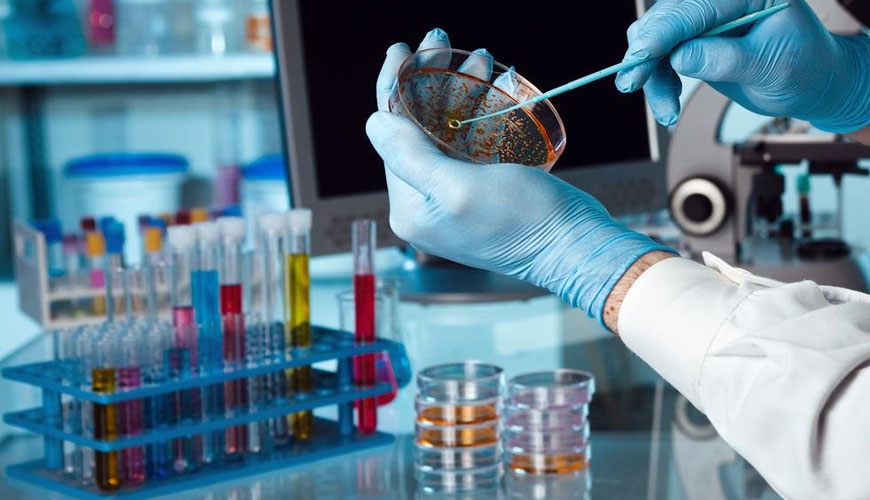

SLES is an abbreviation for sodium laureth sulfate, sometimes called sodium laureth ether sulfate. This compound is the surfactant added to many beauty products and used to create the foaming action associated with cleansing products.

Sodium laureth sulfate (SLS) is commonly found in many shampoos available on the market today. It works as a surfactant, trapping oil-based dirt so it can be rinsed off with water. It is also an effective lather when washing hair, transforming the liquids that many associate with the cleansing process into rich lather. This compound is considered safe to use by many regulatory agencies, but is a common skin irritant when left on the skin for long periods of time. It also affects skin proteins that damage the outer layer of the skin, causing cracked, dry and sensitive skin. Therefore, it is not ideal for anyone suffering from sensitivity. People with a sensitive scalp should avoid products containing Sodium laureth sulfate (SLS).
Shampoos containing SLS are responsible for weakening the hair and causing hair loss. This is because this compound stays in the hair follicles for a long time after washing, causing them to weaken for a long time.
Sodium laureth ether sulfate (SLES) is a kind of anionic surfactant with excellent performance. It has good cleaning, emulsifying, wetting and foaming properties. It is easily soluble in water, compatible with many surfactants and stable in hard water. Biodegradable with low irritation to skin and eyes. In short, this compound is as cleansing, lathering and emulsifying as SLS, but much gentler to the skin and scalp.
However, both SLS and SLES can irritate the eyes, skin and lungs, especially with prolonged use.
In short, sulfate is a salt formed when sulfuric acid reacts with another chemical. Sodium laureth sulfate (SLS) and sodium laureth ethyl sulfate (SLES) are synthetic sulfate-based chemicals of concern. These compounds are derived from petroleum and plant sources such as coconut and palm oil and are mostly used in cleaning and personal care products.
Our organization also provides SLES analysis services with its trained and expert staff and advanced technological equipment, among the numerous test, measurement, analysis and evaluation studies it provides for businesses in various sectors.
To get an appointment, to get more detailed information or to request an evaluation, you can ask us to fill in our form and reach you.